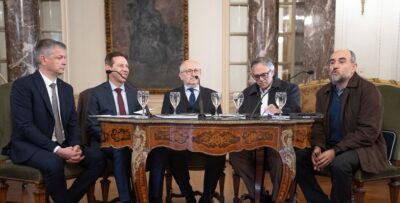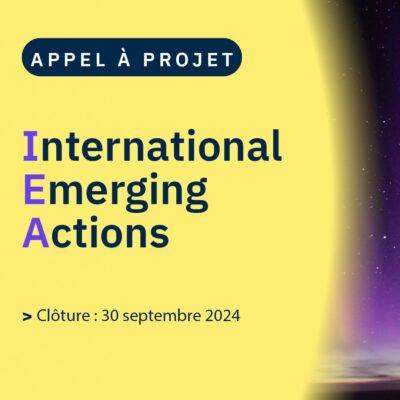
This laboratory is located on the Akademgorodok scientific campus in Novosibirsk and is hosted within the IAET, an institute world-renowned for the excellence of its excavations on sites of utmost importance for the understanding of the mechanisms of human settlement over the last million of years.
This multidisciplinary joint research laboratory in archaeozoology will be dedicated to studying human / non human animals relations in Siberia and Central Asia from the Pleistocene to the early Holocene. The research conducted jointly will contribute to understanding the impact of human groups on their environment and the response of animal populations to environmental changes over a long period.
The IRL « ZooSCAn », built on the long-standing dynamics of Franco-Russian scientific collaborations and exchanges, will enable the anchoring of priority scientific programmes for both partners and will benefit from the exceptional archaeological collections of the IAET. This partnership will strengthen the strategic position of the two institutions, at the heart of a research area of global interest both geographically and thematically, and will position the CNRS and France at a very high level in the international competition.
Pictures: Neanderthal site of Chagyrskaya (Russia), dir.: K. Kolobova / Mammoth skeleton in the reception hall of IAET © IAET SB RAS
A lire aussi
Uruguay | Le CNRS lance un nouveau laboratoire international de mathématiques avec l'Université de la Republica

Le 2 juillet 2024, le CNRS, le Ministère de l'éducation et de la culture uruguayen et l'Université de la République (UdelaR) ont signé l'accord de création d'un laboratoire de recherche en mathématiques, qui vient renforcer une coopération à l’œuvre entre les deux pays depuis 15 ans.
Lancement d'un appel à projets conjoint franco-chinois sur l'environnement

Le CNRS et la National Natural Science Foundation of China (NSFC) lancent un appel à projet conjoint centré sur les thématiques de la biodiversité et de l’impact du changement climatique. Les candidatures sont ouvertes jusqu'au 26 septembre
Launch of the International Emerging Actions (IEA) call for projects - 2024

La campagne des IEA, destinés à l'exploration de nouveaux champs de recherche et de partenariats à l'international est ouverte jusqu'au 30 septembre 2024










